Leaving No One Outside: Protecting, Restoring, and Promoting Indigenous Languages
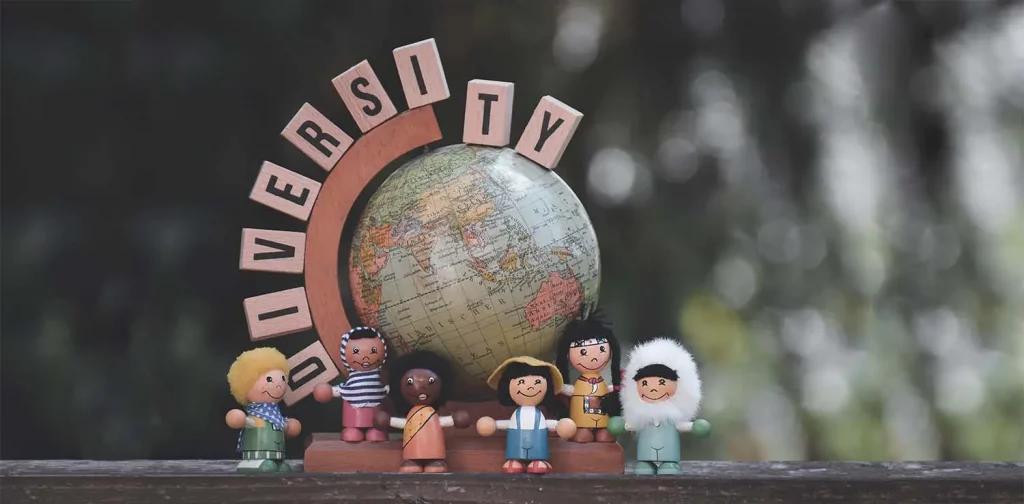
Photo: Alexas_Fotos on Unsplash.
Language connects us all. They are the medium through which centuries-worth of history from our ancestors gets passed down to us. Unfortunately, many languages, especially Indigenous ones, are on the brink of extinction. In this light, the United Nations General Assembly declared 2022-2032 as the International Decades of Indigenous Languages.
The dwindling number
More than 4,000 languages are spoken by 476 million Indigenous Peoples worldwide, Amnesty International’s data shows. These languages travel from generation to generation, often becoming children’s first exposure to a language known as the mother language. Beyond the means of communication, language also represents the traditions, politics, and values of Indigenous communities. Unfortunately, those languages are slowly dwindling in the face of prolonged discrimination towards the Indigenous Peoples.
The 2022-2032 International Decades of Indigenous Languages (2022-2032 IDIL) seeks to protect, restore, and promote Indigenous languages worldwide. As the Indigenous Peoples have long been denied places and access to live safely, this initiative aims to emphasize the need to appreciate Indigenous Peoples’ essential roles in protecting the environment, good governance, and peacebuilding. The program was launched under UNESCO.
Indigenous Peoples-centric
The 2022-2032 IDIL launched a Global Action Plan as a concrete step to achieve its mission. It will act as a guideline for measures taken under the initiative, including joint actions, strategic approach, implementation, and monitoring.
The plan proposes a user-centric approach by putting Indigenous Peoples at the center of the actions. As the primary users of the languages, Indigenous Peoples will become the key actors who can encourage their communities to continue using their languages in social, political, and cultural domains. This way, they can also build their own governance structures and representative bodies to preserve the languages.
As the 2022-2032 IDIL mission bears a global urgency, the plan also invites stakeholders from UN-level entities to grassroots Indigenous communities to collaborate to achieve its objectives. Effective collaborations are hoped to increase the number of language users and fluency levels and to push the application of international standards, which will cover legal status for language recognition and frequent use of Indigenous languages in everyday lives.
The rise of Indigenous languages
The 2022-2032 IDIL also launched National Action Plans for governments to organize their own institutional plans. In 2027, the program is expected to hold a mid-term review to evaluate and re-strategize the plans based on the challenges found in the previous years. By 2032, it is expected that Indigenous languages will be mainstreamed through a global strategic framework to ensure their sustainability and longevity.
Mother languages are important to our identities. At the very least, mother languages are crucial to students’ educational journey. Therefore, recognizing the multitude of languages, identities, and cultures and encouraging people to express them freely become something we need to work on together to leave no one behind as we advance.
This article is published to commemorate International Mother Language Day. Read the full Global Action Plan here.
Editor: Nazalea Kusuma

Join Green Network Asia Membership
Amidst today’s increasingly complex global challenges, equipping yourself, team, and communities with interdisciplinary and cross-sectoral insights on sustainability-related issues and sustainable development is no longer optional — it is a strategic necessity to stay ahead and stay relevant.

Kresentia Madina
Madina is the Assistant Manager of Stakeholder Engagement at Green Network Asia. She holds a bachelor’s degree in English Studies from Universitas Indonesia. As part of the GNA In-House Team, she supports the organization's multi-stakeholder engagement across international organizations, governments, businesses, civil society, and grassroots communities through digital publications, events, capacity building, and research.


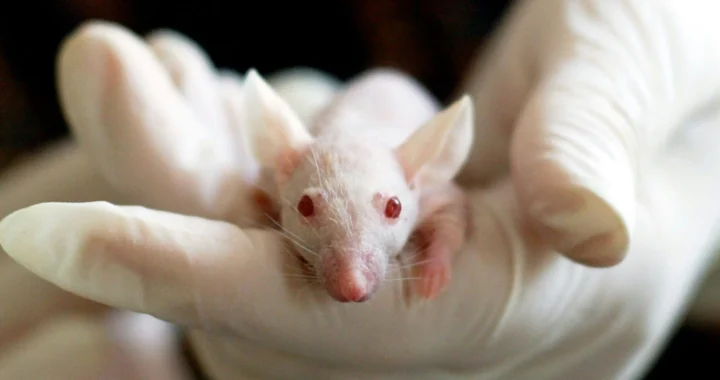 Exploring Technological Advancement to Replace Animal Testing
Exploring Technological Advancement to Replace Animal Testing  Addressing Overconsumption for Transformational Changes
Addressing Overconsumption for Transformational Changes 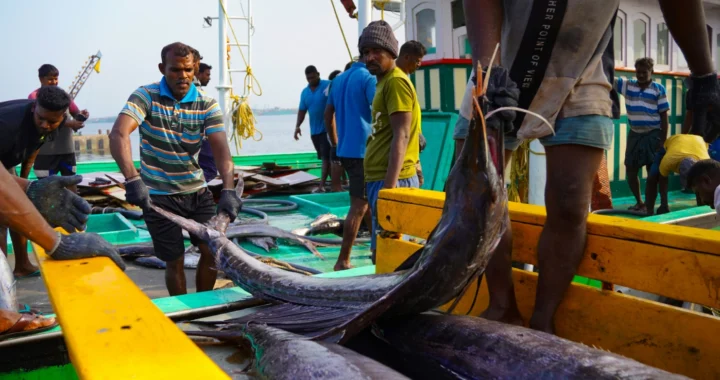 Global Reform on Fisheries Subsidies Signals a Hopeful Shift Toward Ocean Sustainability
Global Reform on Fisheries Subsidies Signals a Hopeful Shift Toward Ocean Sustainability 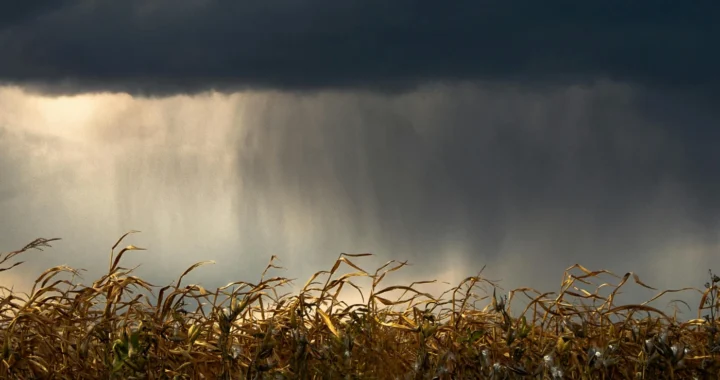 A Major Cause of Changing Rainfall Patterns
A Major Cause of Changing Rainfall Patterns 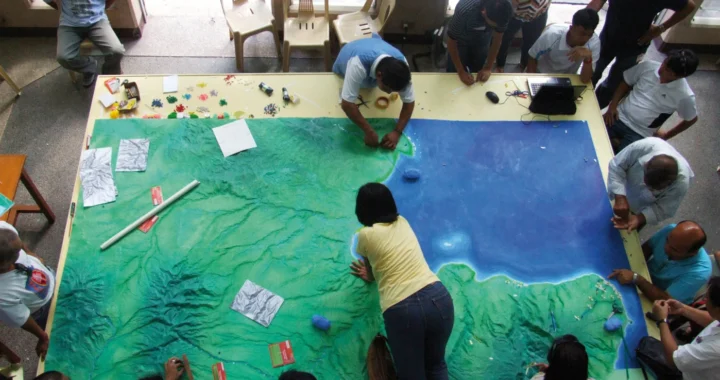 Strengthening Disaster Risk Governance at Local Levels
Strengthening Disaster Risk Governance at Local Levels  Recognizing the Role of Local Communities in Biodiversity Conservation
Recognizing the Role of Local Communities in Biodiversity Conservation